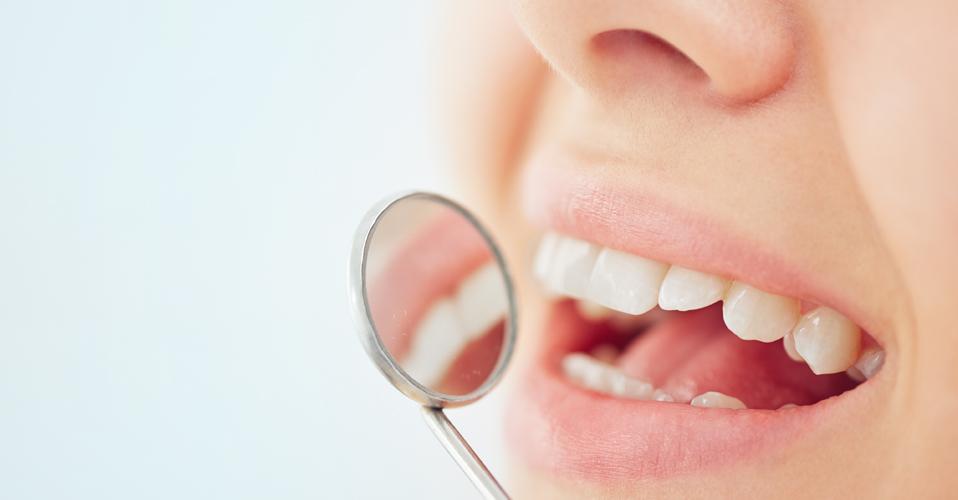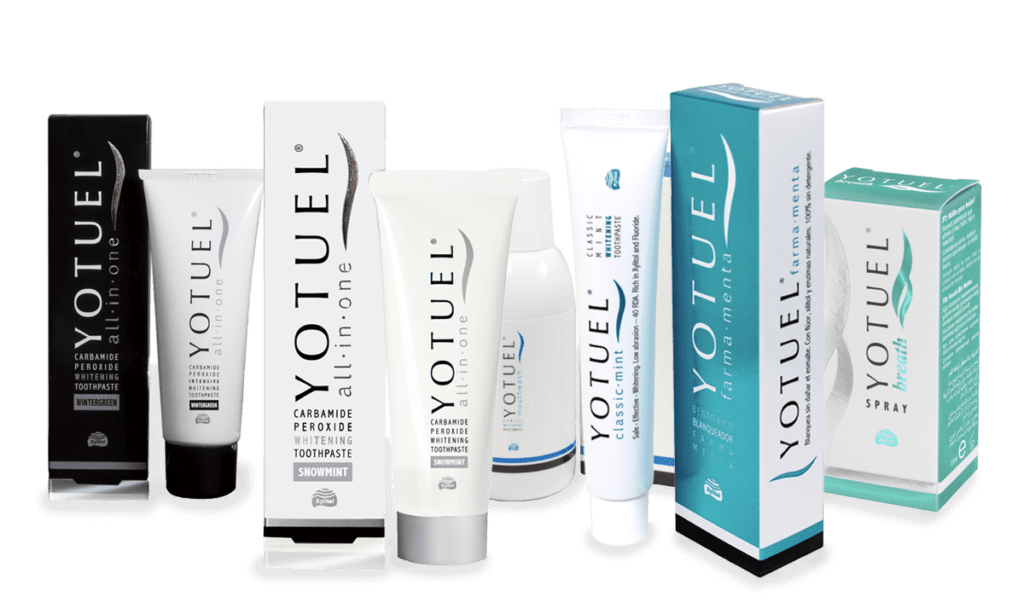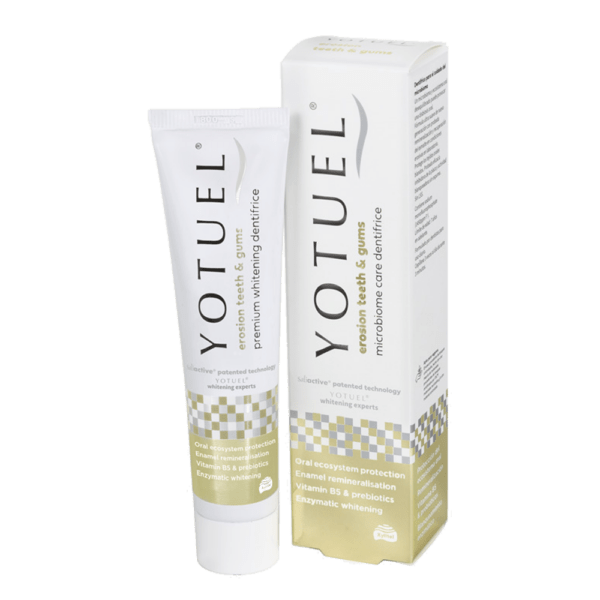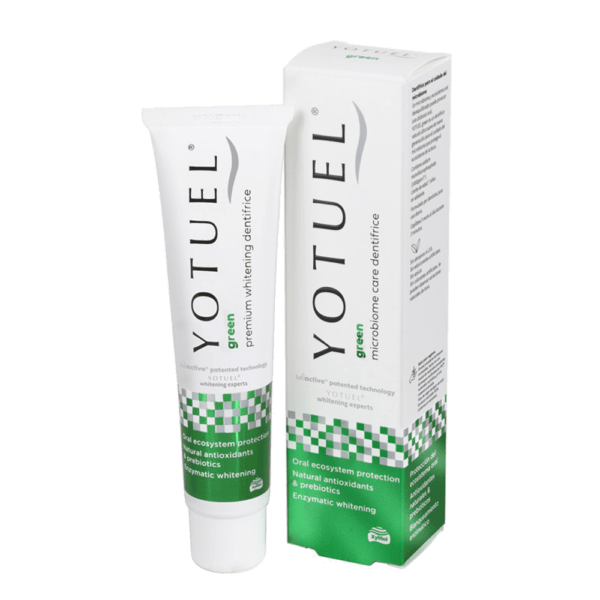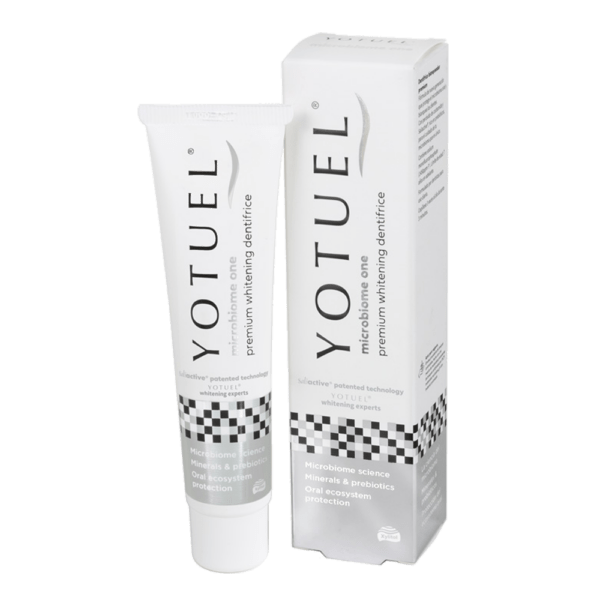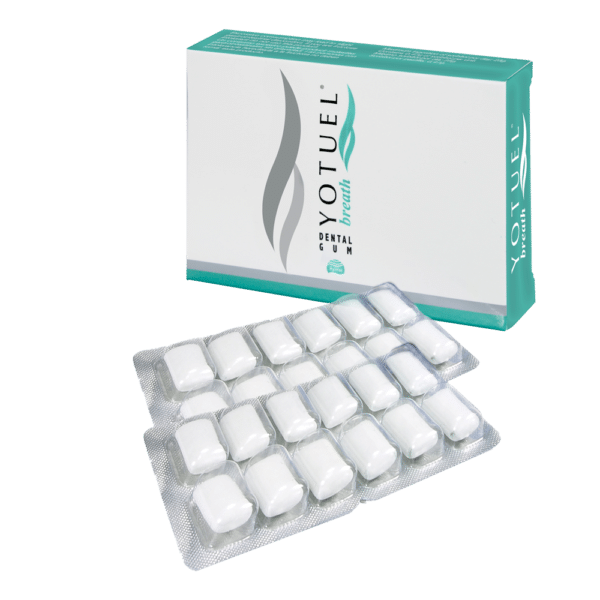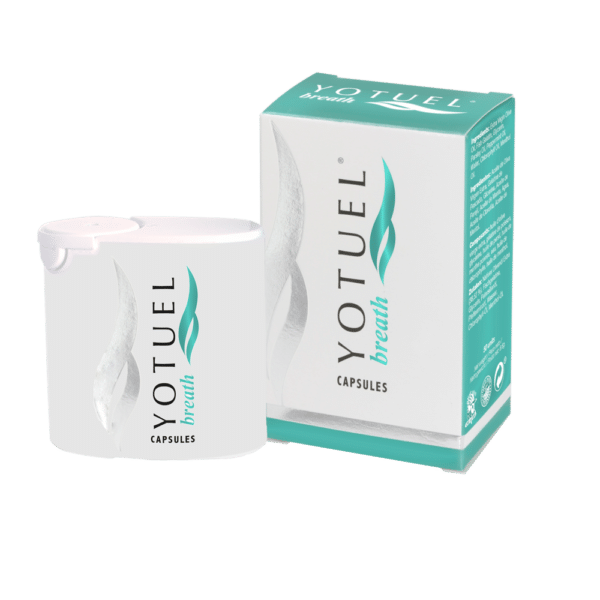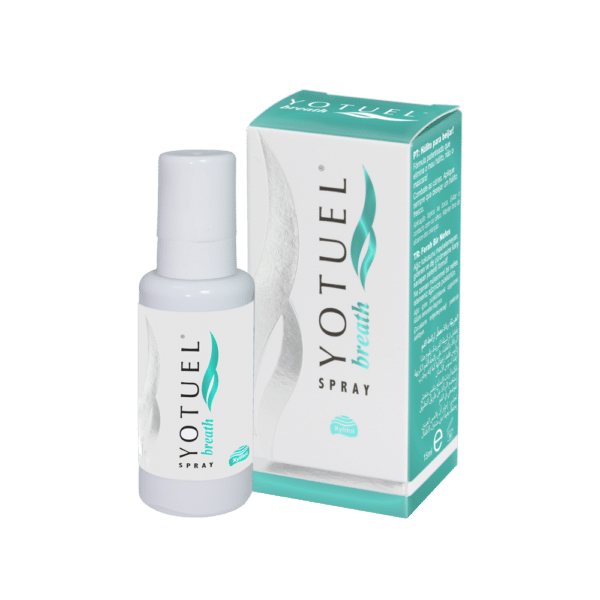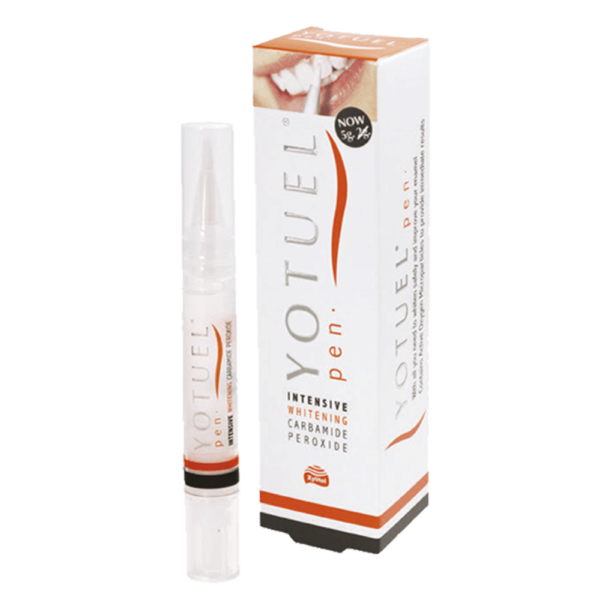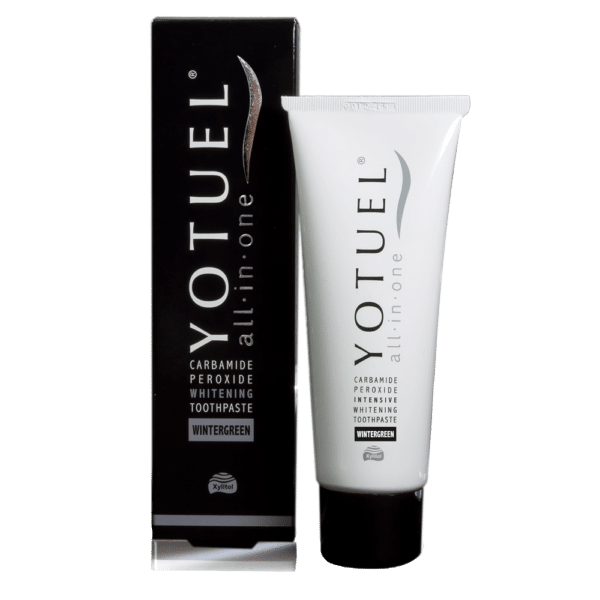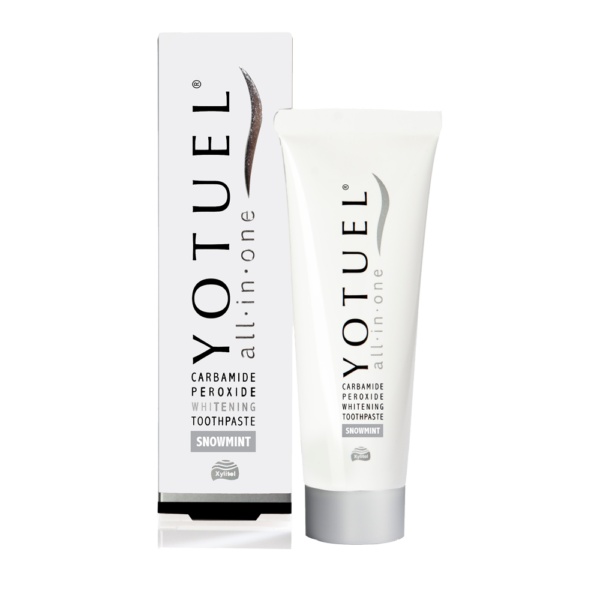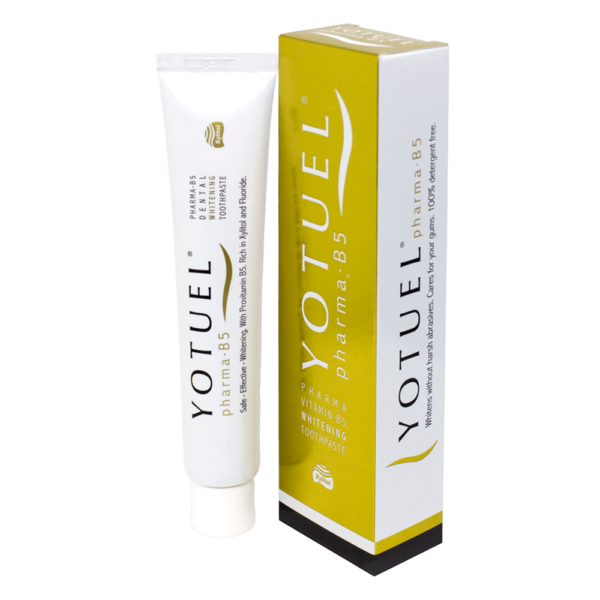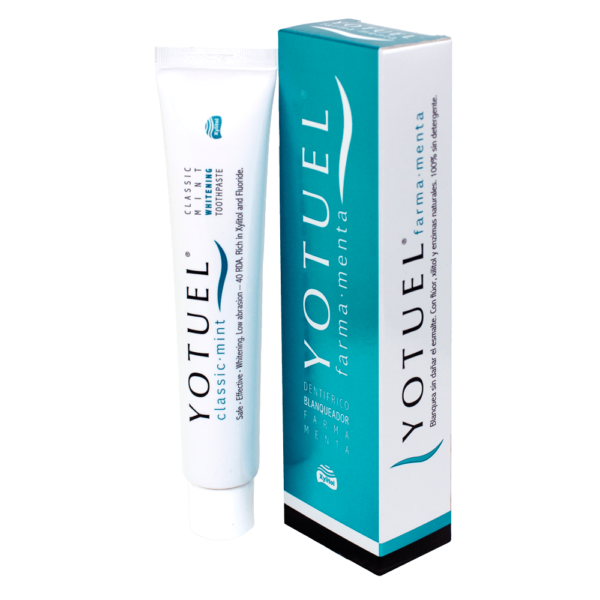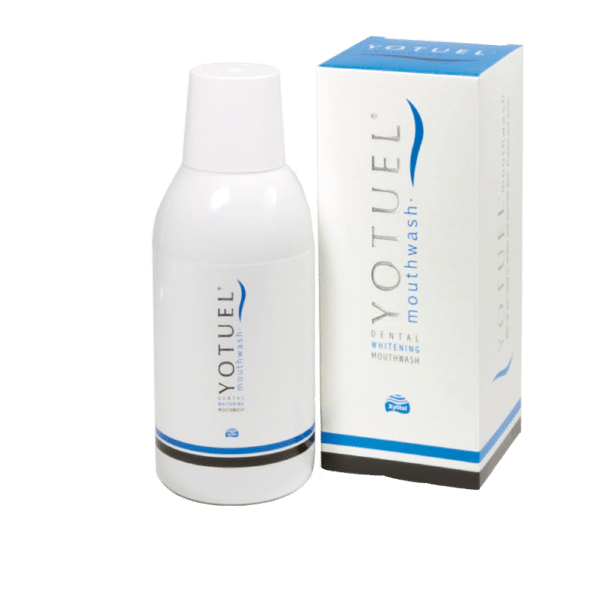When the enamel of our teeth suffers from erosion, it is common for us to feel pain, but why do we suffer from dental erosion? And, most importantly, how can we treat and/or avoid it?
Our oral health is essential, so taking care of our teeth through optimal oral hygiene will be key to avoiding suffering from ailments related to our teeth.
What is dental erosion and how to prevent it?
Tooth erosion | Causes
Dental erosion is caused by the accumulation of acidic substances on our teeth. These cause wear of the dental enamel, that is, of the outer layer of our teeth.
In this sense, and despite the fact that the calcium produced by saliva can help us neutralise the acids contained in the food we eat, it is possible that, depending on the type of diet we follow, our defence against these acids is not sufficient.
Tooth erosion | Avoid acidic foods
Energy drinks, soft drinks and even fruit juices are very acidic. For this reason, we must avoid taking them in high amounts in order to avoid dental erosion.
Other foods to watch out for are very chewy sweets, caramels, toffees and citrus fruits.
Tooth erosion | Symptoms
Symptoms of dental erosion include
- Dental pain: having worn enamel, our teeth can be more sensitive to hot and cold foods.
- Yellow teeth: As the dentin is more exposed, our teeth can become discoloured.
- Transparency: the incisors, the teeth with which we bite, can be more transparent at their edges.
- Cracks: as our enamel erodes, the tooth is more unprotected and we can present small cracks.
Tooth erosion | How to avoid it and treatment
- Limit the intake of acidic foods
- If you drink energy drinks, soft drinks and/or fruit juices, do so in small amounts and, if you do, accompany it with food and use a straw to reduce contact with your teeth.
- Chew sugarless gum to produce more saliva. Remember that its calcium will protect your teeth against the acidity of some foods.
- If you suffer from any of the symptoms of dental erosion, visit your dentist.
- Get regular check-ups every year.
- Enjoy a balanced diet avoiding highly acidic foods.
- Carry out an adequate oral hygiene routine with suitable products. Use YOTUEL products, formulated with a neutral pH and with low RDA.


